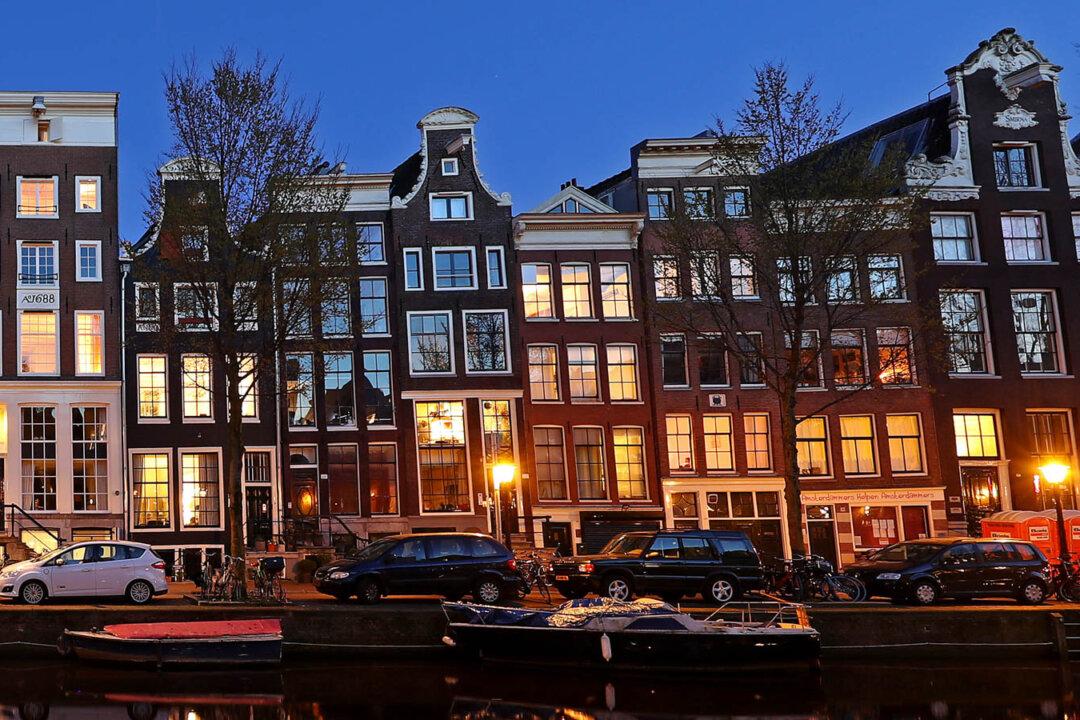For many visitors to the Netherlands, one of the great discoveries when wandering through the streets of Amsterdam or other towns and cities is that you can often take a look inside people’s homes when it gets dark.
That’s because many Dutch people never close their curtains or blinds. Often, people don’t even have curtains or blinds.





